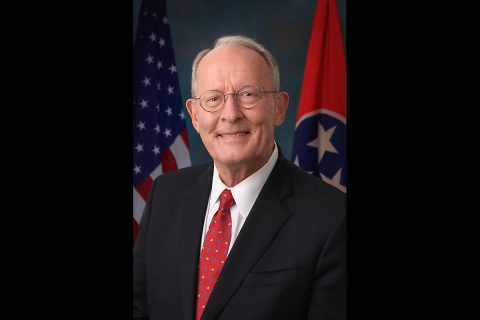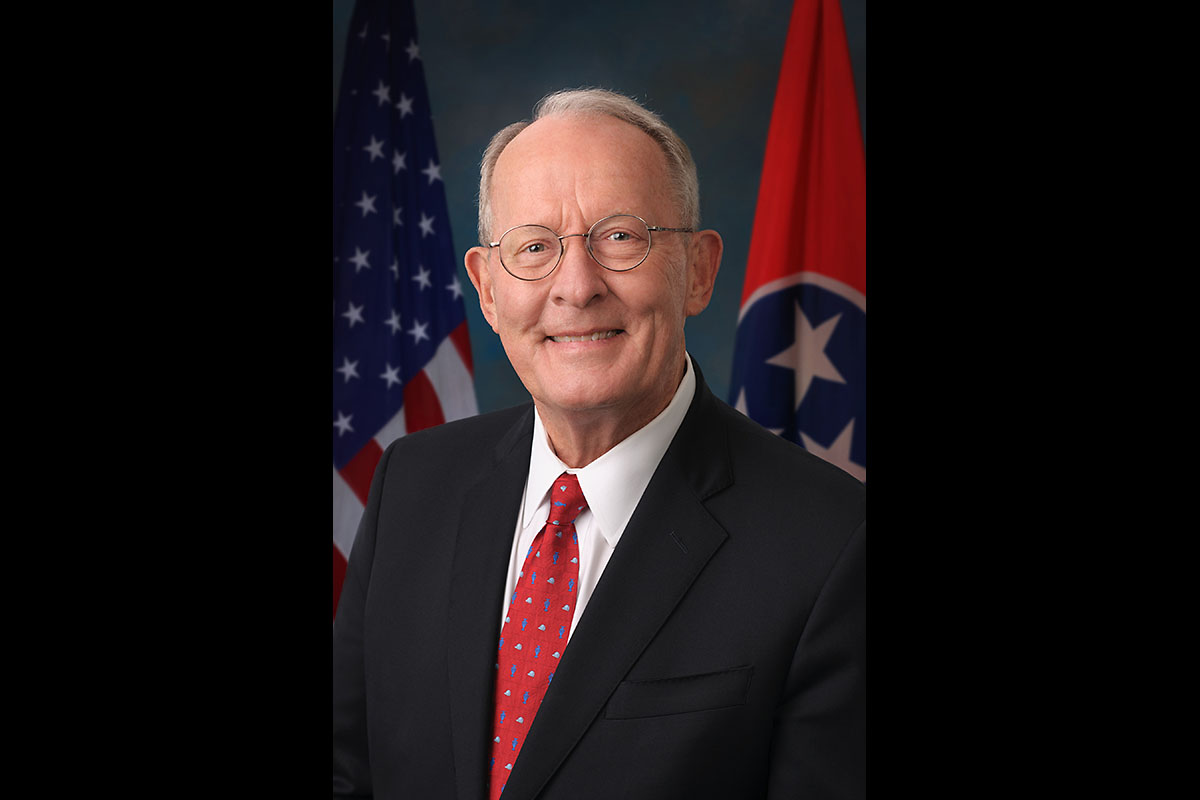The legislation also Finishes Simplifying the FAFSA, Strengthen Historically Black Colleges and Universities, and Restore Pell Grants for Incarcerated Students
 Maryville, TN – President Donald J. Trump has signed into law the government funding legislation that included U.S. Senate Health, Education, Labor, and Pensions Committee Chairman Lamar Alexander’s (R-Tenn.) bipartisan, bicameral proposal that holds patients harmless from surprise bills and resolves payment disputes between providers and insurers.
Maryville, TN – President Donald J. Trump has signed into law the government funding legislation that included U.S. Senate Health, Education, Labor, and Pensions Committee Chairman Lamar Alexander’s (R-Tenn.) bipartisan, bicameral proposal that holds patients harmless from surprise bills and resolves payment disputes between providers and insurers.
The legislation signed into law also includes Alexander’s bipartisan higher education proposals, which significantly simplifies the Free Application for Federal Student Aid (FAFSA) by reducing its 108 questions to a maximum of 36 questions, restores the ability for incarcerated individuals to get a Pell Grant, reinstates Pell Grant eligibility for students who have been defrauded, forgives the outstanding debt of Historically Black Colleges and Universities that received loans under the federal HBCU Capital Financing Loan Program, and removes certain unnecessary regulations and aid limitations on institutions of higher education and students.

“Congress and President Trump have made sure that patients don’t receive a surprise bill when they seek medical treatment,” Senator Alexander said. “Typically, one of five patients who go to an emergency room receives a surprise bill weeks later. This practice has been especially damaging during COVID-19 when patients receive large unexpected bills weeks after they go to the emergency room.”
Senator Alexander continued, “And, after nearly seven years of work, Congress and the President have finished simplifying federal student aid for 20 million families who fill out these unnecessarily complicated forms every year. Reducing the FAFSA from 108 questions to 36 will remove the biggest barrier to helping more low-income students pursue higher education. Former Governor Bill Haslam told me that the complex FAFSA form is the single biggest impediment to Tennesseans applying for two years of tuition-free college.”
The proposal to end surprise medical billing that was signed into law will also allow approximately $18 billion in savings to be used to fully fund Community Health Centers, the National Health Service Corps, Teaching Health Centers Graduate Medical Education, and Special Diabetes Programs for three years. The government funding legislation signed into law includes further provisions from the Lower Health Care Costs Act, which Alexander sponsored, including provisions to increase price transparency and lower prescription drug prices.
The bipartisan proposal was agreed to by House Energy and Commerce Committee Chairman Frank Pallone, Jr. (D-N.J.) and Ranking Member Greg Walden (R-Ore.), House Ways and Means Committee Chairman Richard E. Neal (D-Mass.) and Ranking Member Kevin Brady (R-Texas), House Education and Labor Committee Chairman Bobby Scott (D-Va.) and Ranking Member Virginia Foxx (R-N.C.), and Senate Health Committee Chairman Lamar Alexander (R-Tenn.) and Ranking Member Patty Murray (D-Wash.).
The bipartisan higher education proposals signed into law will:
- Simplify the Free Application for Federal Student Aid:
- Reduce total questions on the FAFSA form 108 questions to a maximum of 36 questions
- Greatly reduce the Department of Education’s lengthy financial data verification process by instead using data from the Internal Revenue Service
- Create simpler Pell Grant eligibility guidelines for maximum and minimum awards, so many applicants will know if they will get a maximum or minimum grant to go to college
- Enable an additional 555,000 students to qualify for Pell grants each year; and enable an additional 1.7 million students to qualify to receive the maximum Pell grant award each year
- Restore the ability for incarcerated individuals to get a Pell grant
- Forgive outstanding debt of Historically Black Colleges and Universities (HBCUs) with loans under the Federal Capital Financing Loan Program
- Repeal a requirement that limits how long students can borrow under the subsidized student loan program
Last December, Congress passed the FUTURE Act sponsored by Senators Alexander, Murray, Scott and Jones which permanently reauthorized $255 million in annual funding for Historically Black Colleges and Universities and took the first step in simplifying the FAFSA form by allowing students to authorize the Internal Revenue Service to fill out the 22 FAFSA questions related to income taxes, eliminating the need to send the same tax information to the federal government twice.



